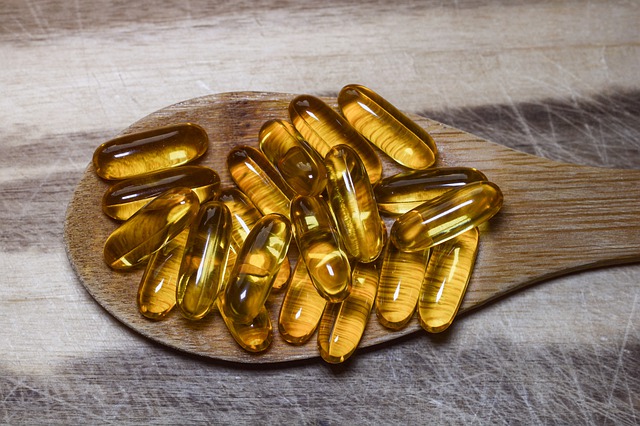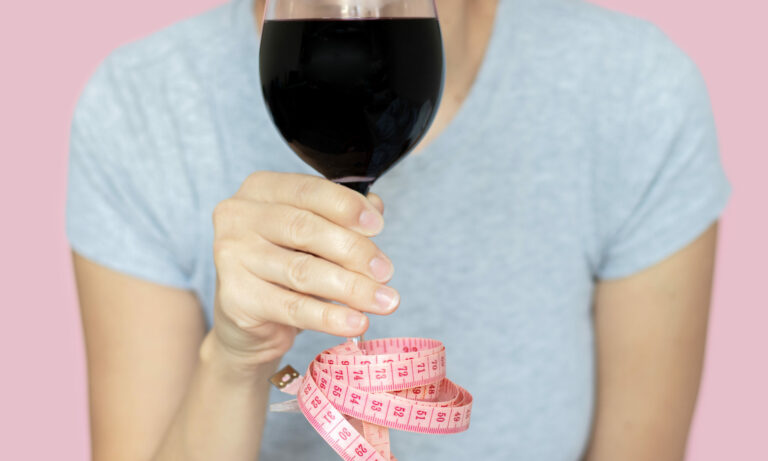Know Which Supplements to Take After Gastric Bypass
Following a gastric bypass surgery, it’s important to understand how to keep your newly functioning body healthy. Many patients undergo gastric bypass to lose weight and ease the symptoms from medical conditions, and good nutrition is paramount. You will no longer be able to eat as much as you once did, so optimizing your nutrient intake can help your body perform at its best. This most likely means adding vitamins and minerals through supplements. This will allow you enough energy to engage in positive lifestyle behaviors to facilitate your recovery.
How Gastric Bypass Changes Your Diet
Remember that gastric bypass is not a “cure,” but a process that gives you the means to make changes for the betterment of your health. The success of your surgery will depend on your ability to follow a healthy lifestyle, which includes diet and exercise changes.
Your new digestive system is much smaller and cannot absorb nutrients and medicines in the same way as your old one. In order to prevent nutrient deficiencies, we recommend taking the following supplements daily:
- A high-potency multivitamin containing iron, folic acid, selenium, zinc, and copper can support the overall functioning of your body systems. During the first three months after your surgery, take two tablets a day, then one tablet daily after. Consider a chewable formulation or a quick dissolving capsule because your body may have trouble absorbing nutrients from tablets.
- Many people are deficient in vitamin D, and people are more likely to experience vitamin D deficiency after gastric bypass. Take 400-500 IUs daily and be sure to take them with a calcium supplement, as the two are only effective when taken together.
- Calcium is an essential nutrient for bone health. Take a calcium supplement (preferably calcium citrate) three times daily in order to maximize absorption.
- Vitamin B12, typically found in meats, plays an essential role in keeping blood and nerve cells healthy. Vitamin B12 deficiency anemia is a serious medical condition that can make you feel tired and weak, so it is important to supplement after bariatric surgery. B12 comes as a liquid or a tablet; if you take it as a tablet, you must crush it first to optimize absorption.
- Adequate hydration is essential to help nutrient absorption and prevent constipation. After surgery, your dietician will work with you to set goals for appropriate hydration (typically 64 ounces or more daily). It is important to take this recommendation seriously; you are more vulnerable to dehydration than you were before surgery.
Remember that your personal supplementation schedule may look different than what is outlined above. Be sure to follow the guidelines set forth by your dietician and nurse after weight loss surgery.
Your Life After Gastric Bypass Surgery
It may be overwhelming to consider your life after a major surgery like gastric bypass. For the first few months, you may take many medications and supplements while your body adjusts to a new way of digesting and absorbing nutrients.
Under the guidance of your doctor and dietician, you will progress through a liquid diet to soft proteins. As you incorporate regular foods into your diet, it is important to prioritize protein. Since you will only be able to ingest small portions of food at a time, supplementation will play a vital role in keeping your body healthy and minimizing risk of deficiencies.
As you go through the postoperative process, remember that you always have access to a dietician and nurse, both of whom will be able to answer your health-related questions. The Malladi Bariatrics health team is always available to help you on your road to making positive lifestyle changes. Contact us with questions or concerns.







